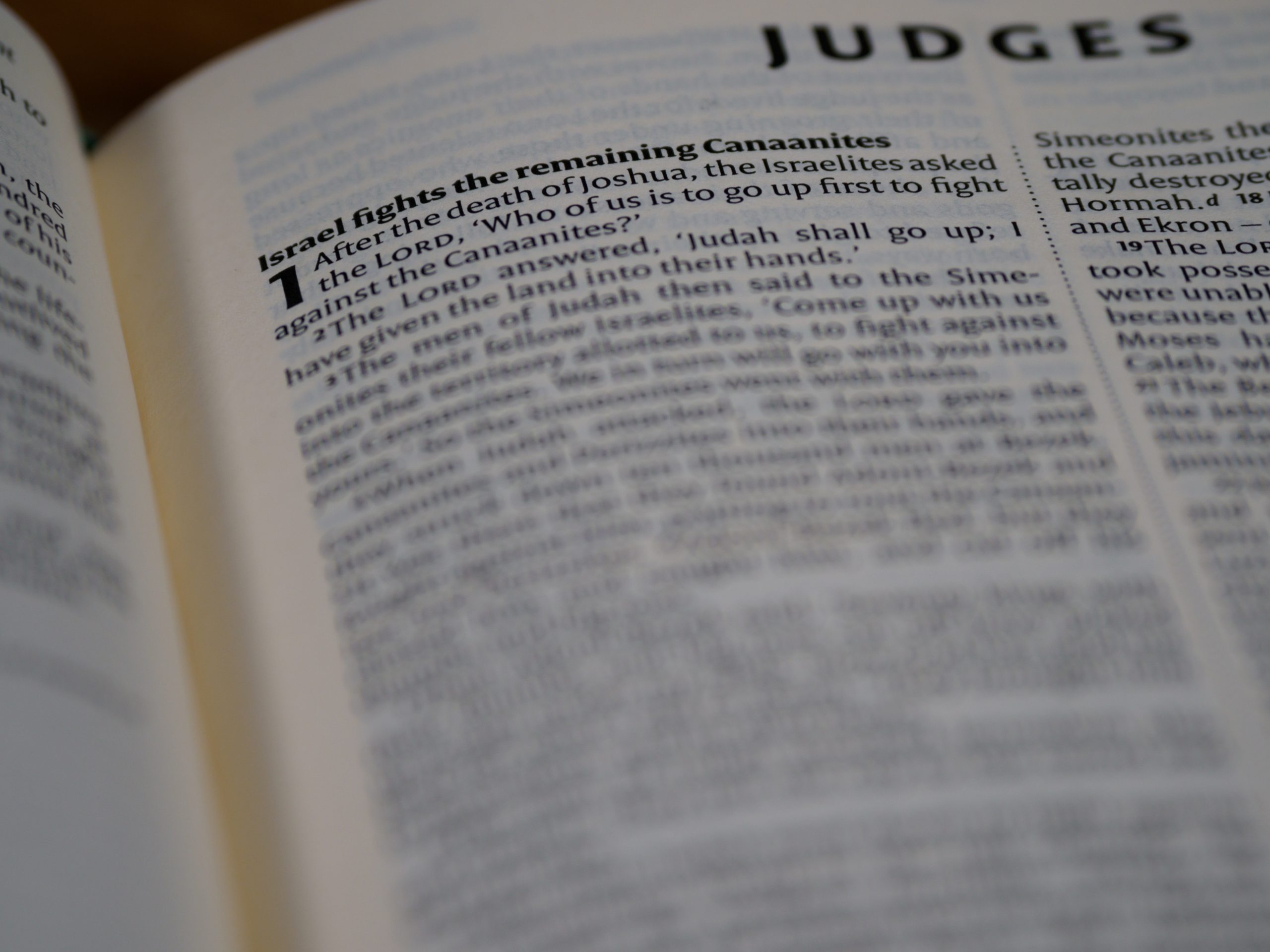An Overview of all the prayers in Judges ‣ Praying Through the Bible

There are more prayers in the book of Judges than any book we have studied so far. Most of them are prayers of petition, which is also unusual. We will see why when we examine the historical context.
Context
After the Israelites entered the Promised Land, there was still much to do. Enemies remained in places in the land. This is the setting for the book of Joshua: finalizing the claim for the land and the unrest associated with it. The prayers grow out of the situations.
During this period, the Israelites had no single leader, like they had with in Moses and Joshua in the desert and the entrance into the land. The area had been divided among the tribes, so any leadership that existed was from the clans of each tribe. Those leaders dealt with problems that befell them, whether social, cultural, religious, judicial, or attacks from others.
Occasionally, however, a crisis arose that affected a larger area of the land and multiple tribes. A single leader was needed to command and lead. Judges calls such a leader a “shofet,” which is usually translated as “judge.” But a shofet was more than a “judge” as we might understand the term. He (or she) did make legal and judicial decisions, but was also a political and a military leader. In modern terms, a shofet encompasses the democratic concepts of the executive, the legislative, and the judicial. Unlike modern democracies, though, the shofet also provided religious leadership. God chose each of these shofets, who enabled him or her to lead their people to victory.
Content
Despite the leadership of the shofets, all is not well. The stories in judges depict a repeating cycle of events, each one worse than the one before. It goes like this:
- The people fall into a routine where they ignore or even reject God
- A crisis comes (usually an enemy who attacks or enslaves the people)
- The people cry out to God for help
- God delivers them by appointing a shofet
- The people rejoice and return to God and His ways
- Over time, they fall back into their old ways, and the cycle begins at #1 again
Each cycle into faithlessness is worse than the one before, with rejection of God, corrupt leaders, and pagan practices. This destructive cycle finally leads Israel to reject the tribal system of leaders for a centralized authority embodied in a King. Whether that system results ion more stability and faithfulness is the topic for the books of Kings and Chronicles.
The first chapter of Judges describes the sorry state into which the people have fallen. Chapter 2 recites events from the time of Joshua’s speech just before the entry into the Promised Land, then moves on to the events and reasons for the deterioration of faith and community. The end of Judges returns to those same issues. Between those chapters are the stories of six shofets. The author uses a repeating phrase to begin and end each story. At the beginning, “…the Israelites did what was evil in the sight of the Lord.” At the end, there was “rest in the land” for X years.
Prayers
As we might expect in a period with many crises, most of the prayers are prayers of petition: the people crying out to God for help. There are twelve of these. But there are a few other types of prayer as well—praise (2), blessings (2) and vows (2). There is also one example each of and a vow. The number of petitionary prayers provides us with an opportunity to learn and practice more about this type of prayer. Some prayers are good examples for us, but others offer models of how not to ask God for help!






